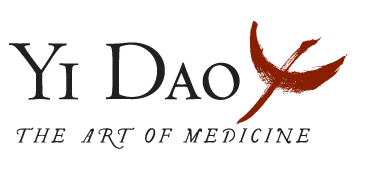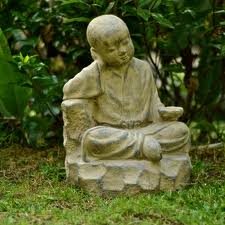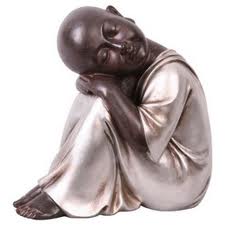Insomnia is a common problem. Sleeping tablets, which are the main conventional way of treating sleep disturbances, are only meant as a short-term solution as they are very likely to cause drowsiness/lethargy and to create dependency. Unfortunately, the vast majority of insomnia is chronic, whereby sufferers may be affected for weeks, months, or even years.
In these cases a more fundamental approach is needed: acupuncture, by affecting the nervous system and regulating stress hormones, can be a very effective way of treating sleep disturbances with no side-effects. A course of treatments ensures that effects are lasting, as the body is returned to a naturally balanced state and learns to sleep again peacefully.
A Chinese perspective:
In Chinese medicine (the system that acupuncture is based on) we see the waking-sleeping pattern as an extension of the yin/yang cycle. Different types of sleeping disturbances are linked to particular disruptions in this cycle.
The following symptoms all point to different Chinese patterns of imbalance:
-Difficulty falling asleep, but once asleep, sleeping through
– Falling asleep easily, but waking through the night, possibly being awake for long spells in the middle of the night
-Waking very early, with a buzzing mind, finding it impossible to go back to sleep.
-Restless sleep, vivid dreams, nightmares, anxiety at night
Acupuncture treatment restores the waking/sleeping pattern in the body, depending on the exact pattern(s) which is (are) present.
Addressing the root cause:
Stress, worry and anxiety are often amongst the root causes of sleep issues. While these can be addressed with good sleep habits (eg: always going to bed at the same time, having a hot bath before going to bed, etc), many sufferers find that this “sleep hygiene” in itself may not be sufficient to make a difference.
Getting ready for bed is not simply a matter of de-stressing and sticking to a routine. To truly prepare yourself for a good night’s sleep it is important to create a sense of calm and peace, in whichever way is appropriate for you, and despite any worries you might have. Often, focussing on mindfulness, being aware of the body and breath, physically relaxing the body, can all be means of achieving this – allowing you to let go and finally drift off. Your acupuncturist can give advice on what methods will be most suitable for you.


